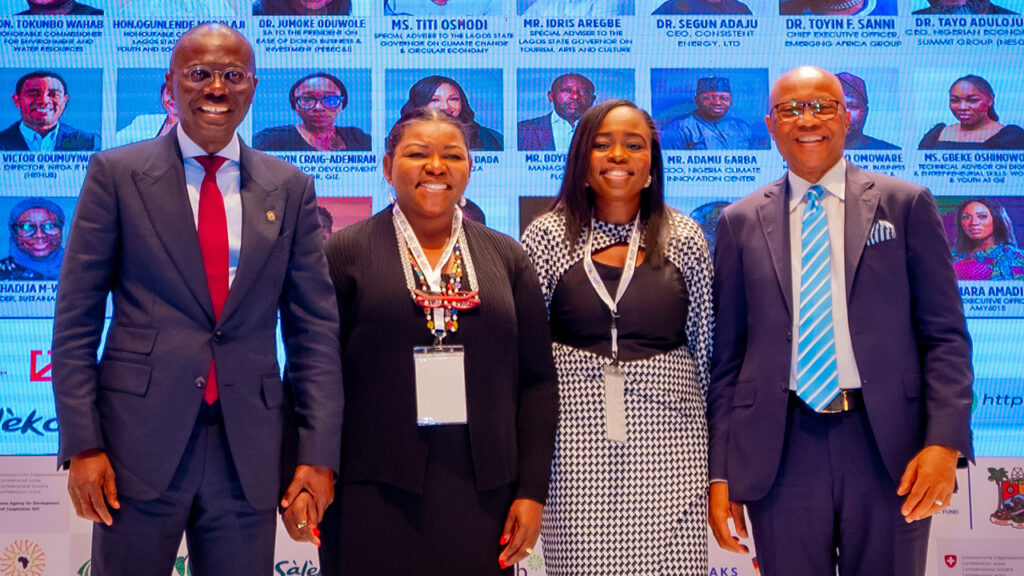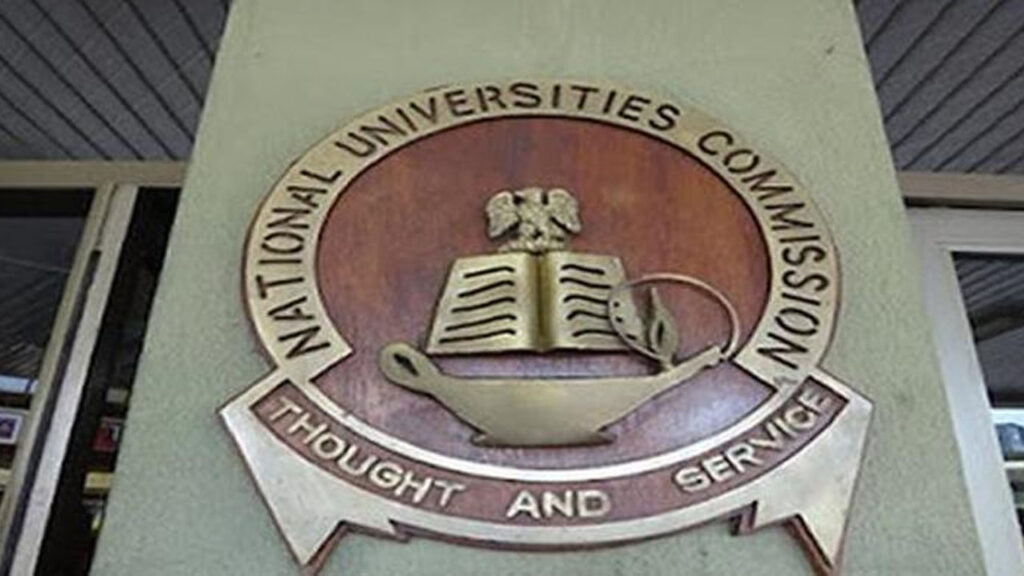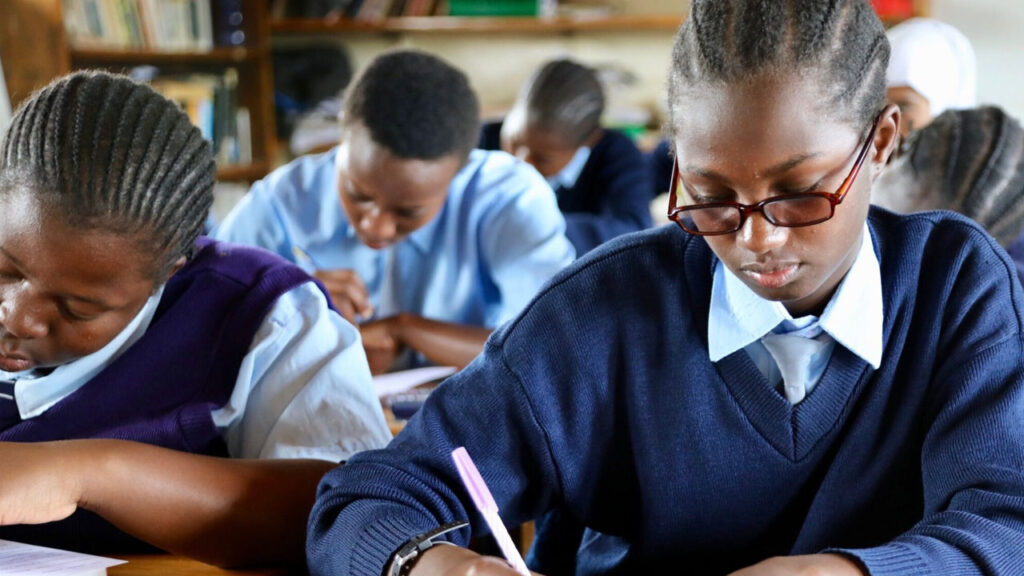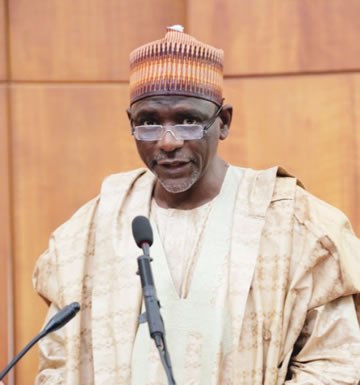
The Global Affairs and Sustainable Development Institute (GASDI), Osun State University, Osogbo, in collaboration with the African Network of Environmental Humanities (ANEH), and Rachel Carson Centre for Environment and Society, a research centre of Ludwig Maximillian University, Germany, recently held a two-day international sustainable development dialogue to draw attention of policymakers to issues threatening human development and proffer solutions to them. ROTIMI AGBOLUAJE reports.
Owing to the importance of education and research in addressing national development, global scholars, researchers, educational administrators, students and activists gathered in Osogbo, Osun State capital, to proffer solutions to environmental challenges inhibiting the continent’s developments.
For two days, eminent scholars from various fields converged on Olagunsoye Oyinlola Auditorium of the Osun State University to discuss ways of addressing myriads of problems hindering attainment of Sustainable Development Goals (SDG) and proffer solutions.
At the conference, titled: ‘Making and unmaking Africa: Global developments and environmental humanities’, the scholars were emphatic in their various submissions that education and research are sine qua non to achieving sustainable development.
In his address, the Vice Chancellor, Prof. Odunayo Adebooye, said ecological humanities remain an interdisciplinary area of research that draws on the various environmental sub-disciplines, stating, “it is geared towards employing humanistic questions about language, culture, values, ethics and responsibilities to address the globally pressing environmental challenges.”
Adebooye, who was represented by the Deputy Vice-Chancellor, Academic, Research, Innovations and Partnerships, Prof. Anthony Kola-Olusanya, said in the last two to three decades, there have been growing concerns about human and natural disruptions of the ecosystem, and concerted efforts of scholars globally have led to the identification of key issues that have each constituted a body of knowledge, with growing scholarly interest, efforts and output arising from each.
“These issues include, pollution, global warming, overpopulation, ocean acidification, deforestation, ozone layer depletion, among others. It is the contextualisation of these issues to Africa and the exploration of the effect of these from Africa on the global environment that I am sure this dialogue hoped to address,” he said.
Director of the institute, Prof John Agbonifo, said the conference was designed to enable participants understand the tools and how various disciplines could be used to address the crisis.
Agbonifo expressed concern over the environmental crisis threatening the planet and Africa in general, saying the crises are human-induced and require urgent attention and action.
He said: “We have neglected our culture, ideas and values that we can bring to bear to address these issues. What are the insights that we can get from environmental humanities? Importantly, the dangers of the time we live in require us to think beyond conventional disciplinary boundaries and silos.”
Scholars, in their separate presentations, took turns to propose policy-oriented solutions towards solving issues of environmental management and attract the attention of policymakers towards promoting locally driven responses to issues of human factors in the environment.
In his keynote address, titled: ‘Globalisation, climate change, conflicts and environmental vulnerability in Africa’, an endowed Professor of Defence and Security Studies, Nigerian Defence Academy (NDA), Kaduna, Usman Tar, said the country must strengthen its education, ensure community engagement and enhance policy framework.
He also stressed the need for indigenous knowledge and a town-and-gown relationship to engender development, calling for creativity if the country must meet sustainable development goals.
According to him, the challenges facing sustainable development and environmental humanities in Africa require a comprehensive understanding of the region’s social, economic and environmental contexts.
To do this, Tar advocated the need to strengthen education and research programmes that focus on sustainable and environmental humanities, such as investing in institutions, promoting interdisciplinary collaboration and providing resources for field work and data collection.
He also stressed the need to develop and enforce robust environmental policies and regulations at local, national and regional levels.
In his paper, titled: ‘Illicit refineries and environmental deterioration in the Niger Delta: Policy options for sustainable environmental remediation’, Prof. Samuel Aghalino of the Department of History and International Studies, University of Ilorin, expressed concern over illicit oil-refining economy in the Niger Delta, saying this has contributed to growing environmental challenge in the region.
He said: “It is argued that while the activities of multinational oil corporations contribute significantly to oil pollution and environmental degradation in the region, the emergence and proliferation of illicit refineries across the region has further compounded the environmental and human existential crises.”
Aghalino called on the Federal Government to take pragmatic measures to develop and operationalise initiatives for alternative livelihood options in the region, adding that effort should also be made towards diverting attention and moving dependency on illicit oil refineries and other oil-related crimes that impact heavily on the environment to other productive economic engagements.
The scholar also stressed the need for government and oil companies operating in the region to conduct sustainable remediation to clean the environment.
“In this regard, remediation and conservation efforts must consider the practical, environmental friendliness, safe, cost-effective, efficacy and appropriateness of bio-remediation technique. It is important to emphasise that environmental remediation is purposefully more than just the removal of hydrocarbons from contaminated areas,” Aghalino explained.
On her part, a Professor of Environmental Studies and Public Policy, New York University, Sophia Kalantzakos, warned that climate change would have catastrophic effects on food production and called for promotion of education on agriculture and infrastructure for food security.
A former Director, Centre for Sustainable Development and Dean, Faculty of Economics and Management, University of Ibadan (UI), Prof. Lanre Olaniyan, harped on quality human capital development in terms of education and health. He urged government to provide jobs to the teeming population while parents should give birth responsibly.
In a communique issued at the end of the conference, participants proposed that stories about the environment, which have been told for centuries in Africa, should be encouraged and told collaboratively by academics to present forthcoming generations as a compelling force for action towards preserving the planetary environment.
They added that members of the local intelligentsia in Africa should be sourced and engaged in promoting environmental humanities’ aims and objectives.
They also stated that knowledge communities should be built and developed from the relationship between academics and members of the local intelligentsia. Capacity-building mechanisms should be put in place in African research and policy development centres, while academics play important roles in developing action plans and projects,






